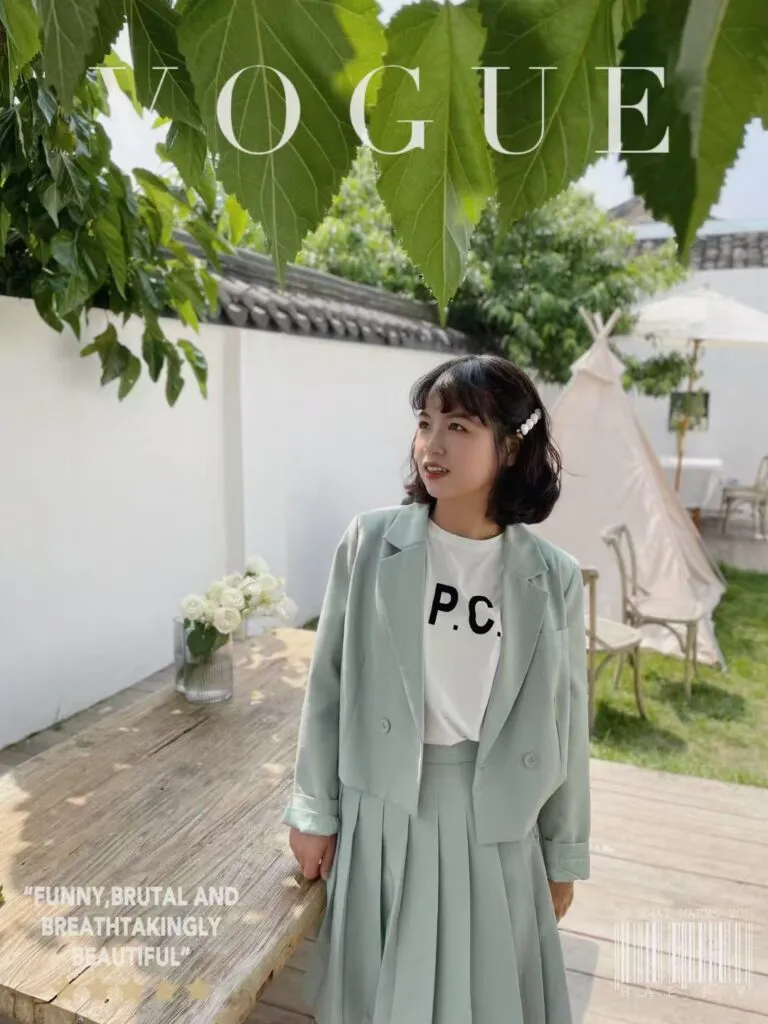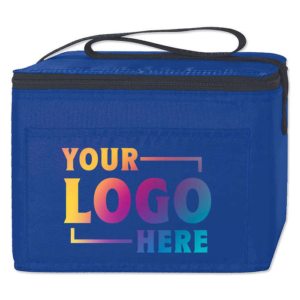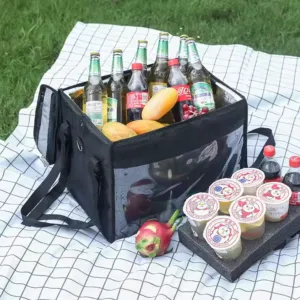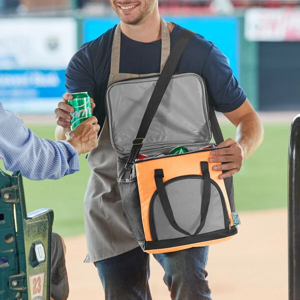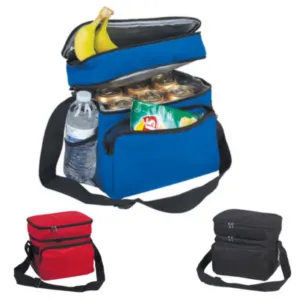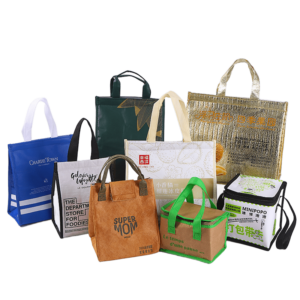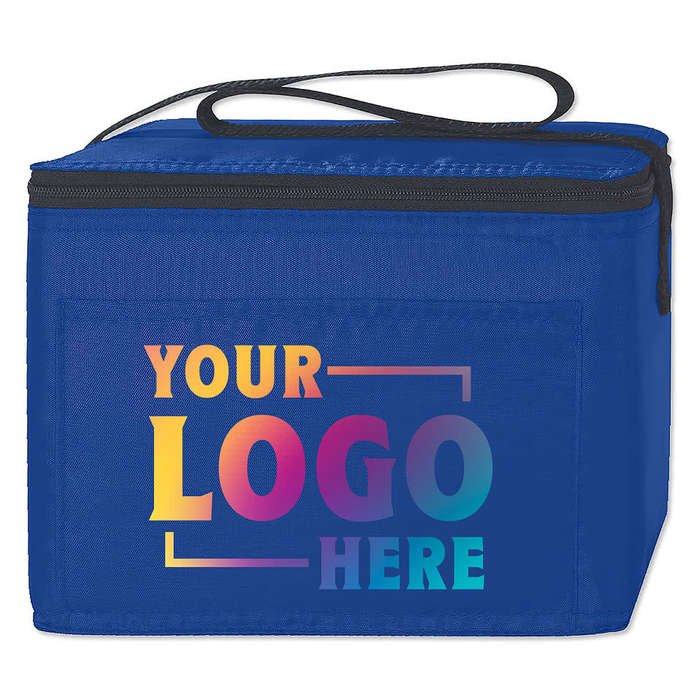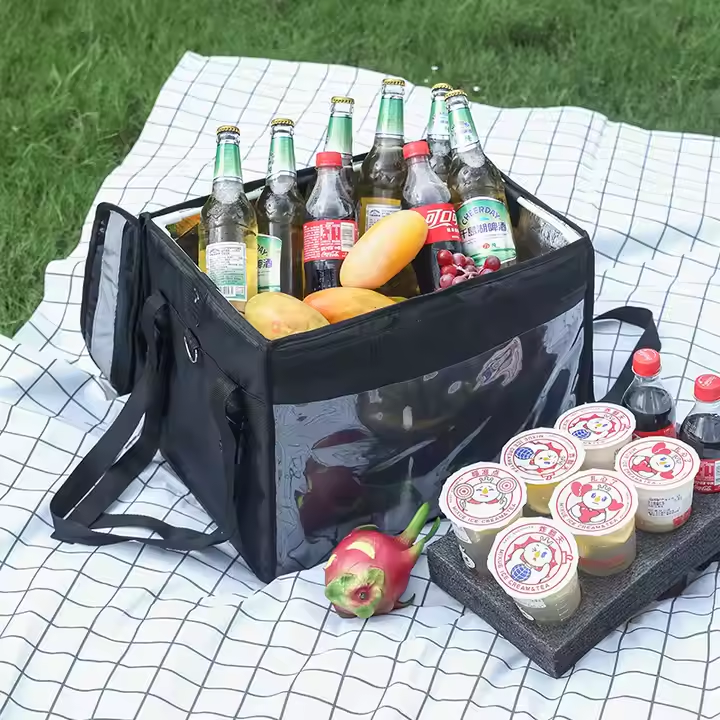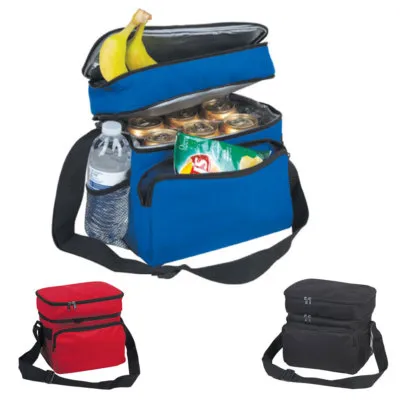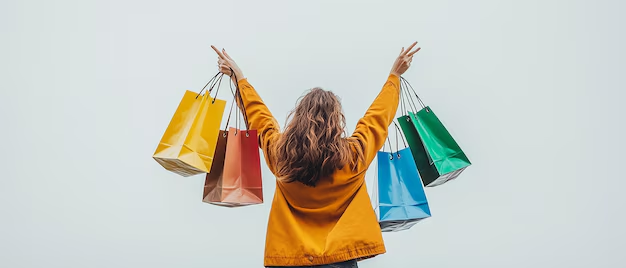
People are often fascinated by designer shopping bags. But why are they willing to spend so much money on these accessories? Let’s dive deeper into the reasons behind this trend.
Some individuals believe that designer shopping bags represent status and exclusivity. For others, it is about craftsmanship and investment value.
Many people purchase designer bags for the prestige associated with them. These bags often symbolize wealth, taste, and fashion-forward thinking. Some consumers are willing to pay the high price tag because they view these items as more than just accessories—they are symbols of success. For others, it's about the thrill of owning something unique and of high quality.
Why Are Some People Willing to Buy Expensive Bags?

Designer bags offer superior craftsmanship and design, which appeals to individuals looking for more than a functional item.
The allure of designer bags can be explained through several factors. First, these bags often represent a brand's heritage. The craftsmanship that goes into each piece is of the highest standard, often involving intricate designs and the finest materials. Additionally, designer bags are often associated with rarity and exclusivity, which gives them a certain level of prestige. Some people see them as a form of self-expression or a way to stand out in a crowd.
Designer Bags as Status Symbols
Designer bags1 are often seen as status symbols. For consumers in markets like North America or Europe, carrying a high-end bag can be a way to show off their success. Brands like Louis Vuitton, Gucci, and Chanel have built an image of exclusivity that makes owning one of their bags a highly sought-after goal.
| Brand | Popular Model | Estimated Cost | Why People Buy |
|---|---|---|---|
| Louis Vuitton | Neverfull Tote | $1,500 - $2,500 | Luxury, durability |
| Gucci | GG Marmont | $1,500 - $2,200 | Style, recognition |
| Chanel | Classic Flap Bag | $4,000 - $6,000 | Investment, legacy |
What Do You Do with Designer Shopping Bags?
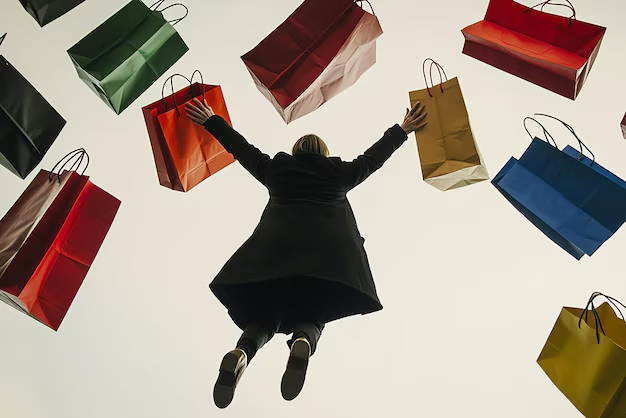
Once you’ve purchased a designer bag, what do you actually do with it? Some people use their bags daily, appreciating the function and form that comes with high-quality craftsmanship. Others might only use their bags for special occasions or display them as part of their home décor. Regardless of use, these bags offer more than just utility; they are an investment in style.
Designer bags are both practical and a luxury item. Their use can range from daily wear to collectors' pieces.
Many people purchase these high-end bags for their functionality, as they can serve as everyday accessories. However, others may reserve these bags for important events, such as weddings, parties, or red carpet occasions. For some, the bags become more than just fashion items—they are collected as rare commodities or investments. In fact, certain designer bags have seen their value increase over time, sometimes fetching prices far beyond their original cost.
Designer Bags in Daily Life vs. Collectors’ Items
For those who use designer bags regularly, the experience is about enjoying the blend of elegance and practicality. A bag like the Louis Vuitton Neverfull can be used daily for work or travel, while still making a bold statement. On the other hand, bags such as limited edition Chanel pieces are often bought as collector’s items, stored safely and brought out only occasionally.
| Use Case | Popular Bag Models | Estimated Price | Reason to Buy |
|---|---|---|---|
| Daily Wear | Louis Vuitton Neverfull | $1,500 - $2,500 | Versatility, Style |
| Special Occasions | Chanel Classic Flap Bag | $4,000 - $6,000 | Exclusivity, Prestige |
| Collector’s Item | Hermes Birkin | $8,000 - $15,000 | Investment, Legacy |
Why Should We Use Shopping Bags?
Shopping bags, especially eco-friendly ones, are an essential part of modern consumer culture. But why should we opt for shopping bags in the first place? The primary reason is practicality—shopping bags are designed to help you carry your purchases, and using reusable ones helps reduce waste.
Using shopping bags reduces plastic consumption and can be a stylish, environmentally friendly choice.
The environmental impact of plastic bags has led to a rise in popularity of reusable shopping bags, including designer ones. With growing awareness of sustainability, more people are turning to bags that are not only functional but also eco-friendly. Brands like JiaRong Packaging focus on providing reusable non-woven and PP woven bags. These bags help consumers reduce waste while still supporting their fashion choices.
Why Reusable Shopping Bags Matter
Reusable shopping bags, such as the ones made by JiaRong Packaging, are more than just eco-friendly; they are also cost-effective. While single-use plastic bags can add up over time, a high-quality reusable bag can last for years. Whether you choose a designer shopping bag or a more utilitarian one, these products offer long-term benefits that outweigh the initial cost.
| Type of Bag | Material | Cost | Environmental Benefit |
|---|---|---|---|
| Designer Shopping Bag | Leather, Canvas, Nylon | $200 - $5,000 | Fashionable, Durable |
| Reusable Shopping Bag | Non-Woven, PP Woven | $1 - $20 | Eco-friendly, Reusable |
Is Designer Bags a Good Investment?
Many people wonder whether purchasing a designer bag is a good investment. While these bags do come with a hefty price tag, they can hold or even increase in value over time. Vintage designer bags, particularly from renowned brands like Chanel and Hermes, are often sought after by collectors.
Designer bags can be good investments, especially those that are rare or vintage. They often appreciate in value, unlike most consumer goods.
When it comes to designer bags, some consumers purchase them as a form of financial investment. Bags from certain brands—particularly Hermes, Chanel, and Louis Vuitton—often appreciate in value over time. As a result, purchasing a rare or limited-edition model could result in a profitable return, especially if it is well maintained. The resale market2 for designer bags has seen significant growth, with some bags fetching prices far higher than their original retail value.
How to Choose a Bag for Investment
Not all designer bags are created equal. To make a wise investment, consumers should focus on bags that are both iconic and rare. Classic models, such as the Hermes Birkin or Chanel Flap Bag, tend to perform well in the resale market.
| Bag Model | Brand | Estimated Resale Value | Why It’s a Good Investment |
|---|---|---|---|
| Birkin Bag | Hermes | $8,000 - $15,000 | High demand, rarity |
| Classic Flap Bag | Chanel | $4,000 - $7,000 | Timeless design, luxury |
Conclusion
Designer shopping bags are more than just accessories—they symbolize success, offer utility, and even serve as investments. As consumers, we find ourselves drawn to these bags for a variety of reasons, whether it’s for style or the desire for something exclusive. At JiaRong Packaging, we focus on offering a range of customizable, eco-friendly bags that meet both your style and sustainability needs. If you're looking for top-quality, eco-conscious bags that leave a lasting impression, don't hesitate to get in touch with us at JiaRong Packaging.

